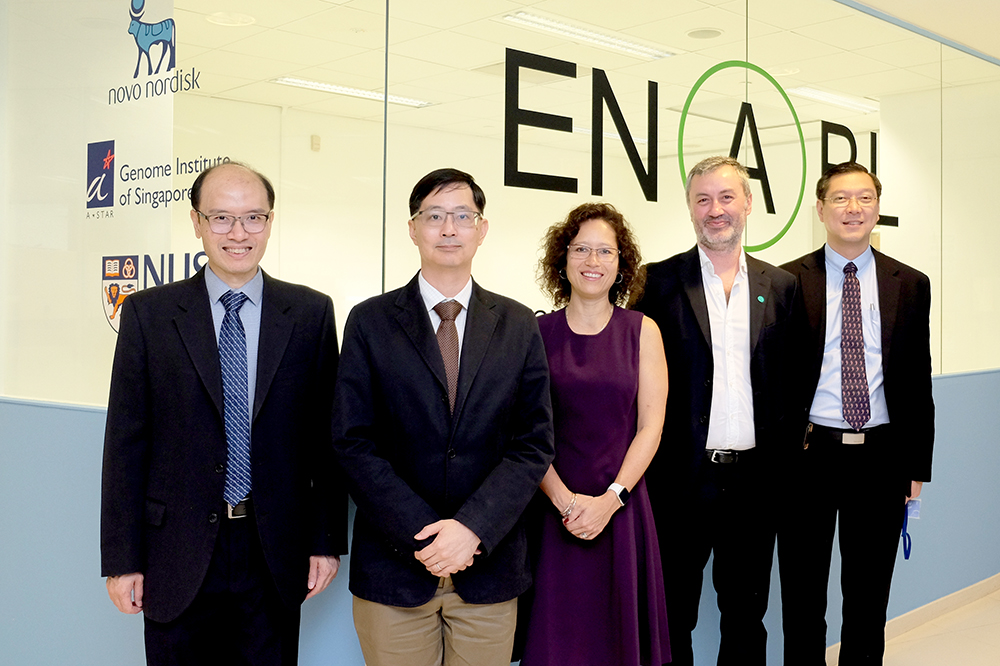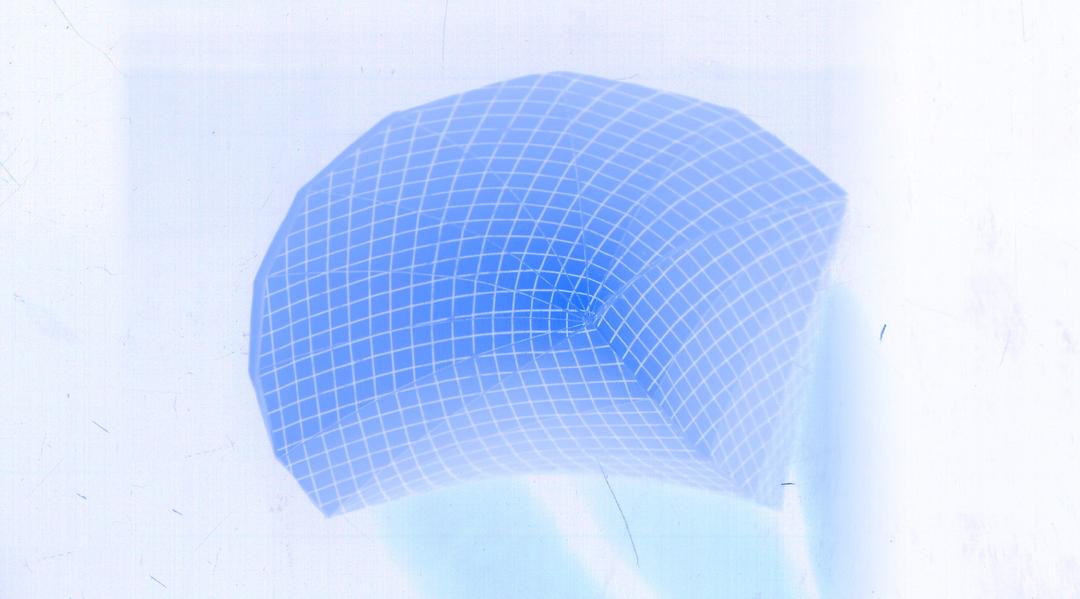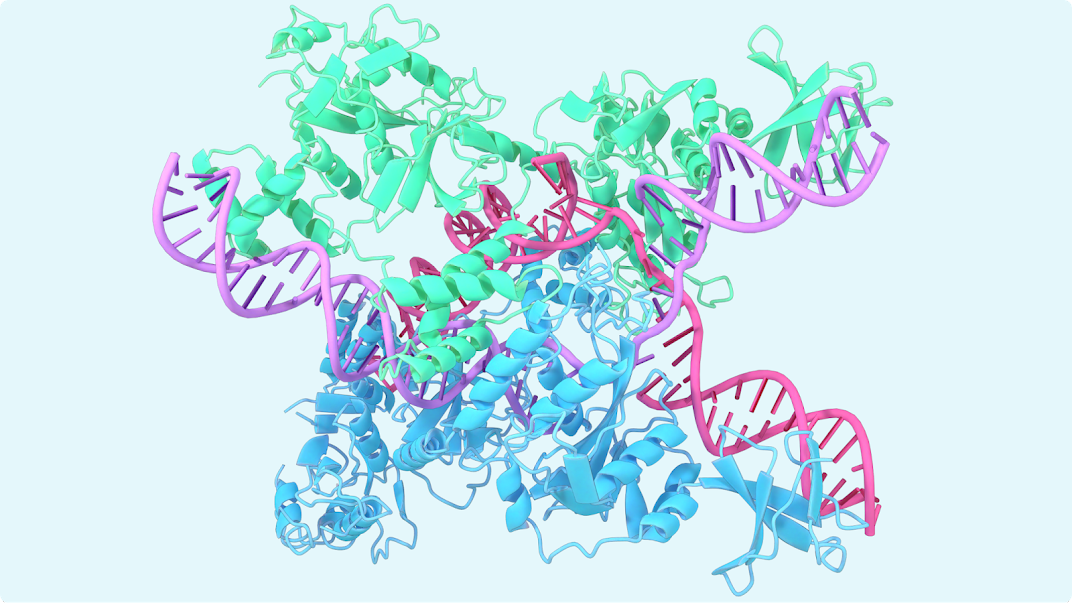New study will generate insights in the development and progression of the disease in Asia, which could support the development of effective diagnostics and therapies.

The Agency for Science, Technology and Research’s (A*STAR’s) Genome Institute of Singapore (GIS), and the National University of Singapore (NUS)’s Yong Loo Lin School of Medicine (NUS Medicine) have entered a strategic research collaboration with global healthcare company Novo Nordisk, to enhance the understanding of non-alcoholic fatty liver disease (NAFLD), and its more severe form, non-alcoholic steatohepatitis (NASH). The study aims to discover new molecular hallmarks and biomarkers of the disease specific to Asian populations, which could lead to the development of effective treatment strategies.
NAFLD is one of the most common causes of liver disease. It is characterised by the building up of fat in the livers of people who consume little to no alcohol, and is often associated with obesity and type 2 diabetes. Over time, NAFLD can progress to a more severe form of the disease called NASH, in which liver scarring and inflammation sets in. NAFLD affects more than a quarter of the global adult population, and is estimated to affect up to one third of the adult Singapore population 2.
There are currently no approved therapies for treating NAFLD/NASH, and the first-in-line treatment recommendations are dietary and lifestyle changes, due to the disease’s close association with obesity. While Asian and Western NAFLDs share several characteristics, Asian NAFLD is characterised by a lower body mass index 3, younger age, increased complication rate and higher prevalence in lean individuals 2, 3. Hence, there is a significant need for further research on Asian populations to develop effective diagnostics and therapies.
The research collaboration will contribute to the understanding of a Singaporean- and Asian-centric NAFLD as part of a national research platform named Ensemble of Multi-disciplinary Systems and Integrated Omics for NAFLD (EMULSION). As co-hosts of EMULSION, GIS and NUS Medicine will unite global industry and academic research efforts to build an Asian-centric NAFLD database. These efforts will build upon the contributions by physicians at the NAFLD clinics in Singapore hospitals, as well as GIS and NUS Medicine scientists. Also contributing to this database are MedTech imaging companies HistoIndex, an A*STAR spin-off that provides an automated and accurate quantification of NAFLD/NASH characteristics in liver biopsies with its AI-based stain-free digital pathology platform; and Perspectum Diagnostics, a spin-off from Oxford University that has developed LiverMultiScan — a non-invasive MR imaging test to help identify NASH patients.
Professor Patrick Tan, Executive Director of GIS, commented, “Currently, there are no approved non-invasive diagnostic tests for NAFLD and NASH. This research on an Asian cohort provides a unique opportunity to identify common and divergent disease drivers of Asian and Western NAFLDs. Consequently, it can also potentially result in alternatives to invasive biopsy in the future.”
“Non-alcoholic fatty liver is increasing in incidence in Asia and very little is understood about the disease in our multi-ethnic population,” remarked Associate Professor Dan Yock Young, the Lead Principal Investigator of this research and Head of the Department of Medicine at NUS Medicine. “This grant and collaboration with our strategic partners offers us the opportunity to drill into the pathophysiology of the Asian phenotype and to develop better screening, diagnostic, predictive and effective therapies that can avert the complications of this disease for Asians.”
Dr Karin Conde-Knape, Corporate Vice President at Novo Nordisk commented, “We are very excited to start this collaboration as we believe it will bring us one step closer to understand key drivers in the pathophysiology of NAFLD and NASH, and potentially help us in identifying promising biomarkers for diagnosis and disease progression.”









